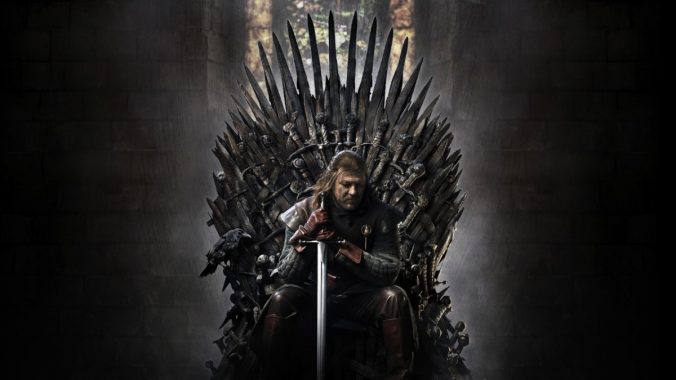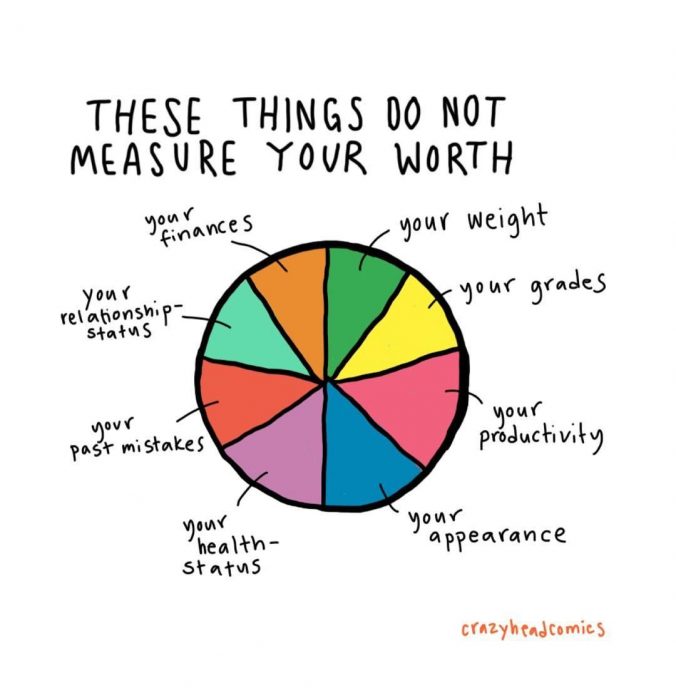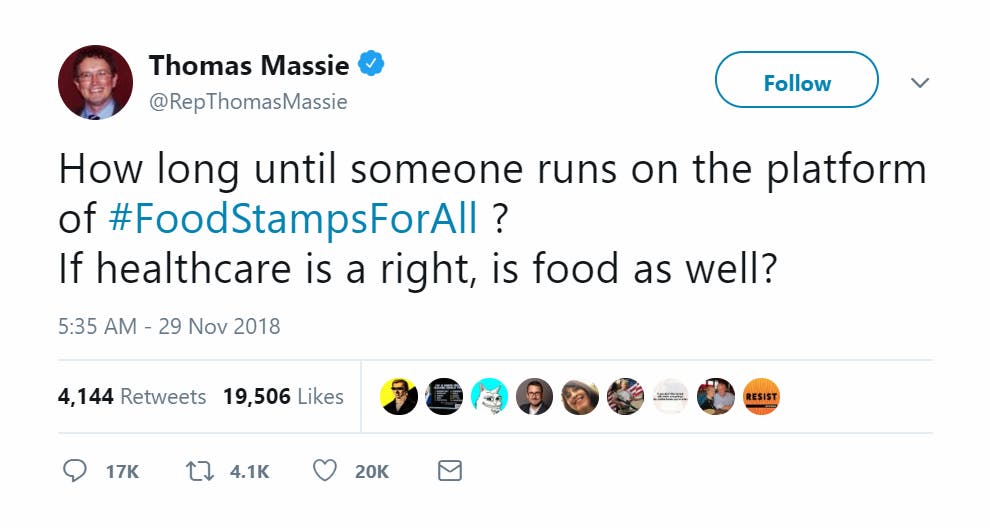It’s over! Winter has come, and we know who ended up on the throne, who ended up dead, and how the White Walkers were defeated.
It is strange to be done. Although George R.R. Martin says that there are surprises in store in the final two books compared to the show, the main plot points are bound to be the same. I first read Game of Thrones something like 12 years ago, so I have been swept up in the story for about a third of my life. I named my dog Renly after the Game of Thrones character. I re-read the whole series, aloud, with Erin ahead of the release of A Dance With Dragons.
I remember being in New York city the weekend of the premiere of the show. There were Iron Thrones in a few places throughout the city, and there was almost no line to sit in them and get your picture taken. Most people didn’t know what this show, with the posters of Sean Bean looking sad, was about. I remember watching that first episode in our hotel room, through a very highly suspect, likely malware-ridden site. It was a magical experience, seeing the story that you love come to life on the screen, and what’s more, with such fidelity to the source material.
It is disappointing that Martin was not able to finish the book series before the show. Although quite faithful to the books at the start, as the show went on, it had the luxury of pruning plot lines and streamlining the story for TV, while Martin labors away with the books, juggling an ever-increasing number of plotlines. At times this was a great benefit for the show, and it had moments of brilliance, but as the show got farther and farther from the source material, those moments become more widely spaced. Without the strong foundation of the books, the show lurched from plot point to plot point, and the different writers and directors in different combinations led to an uneven experience. Sometimes, when the writing and directing all lined up, the show was astonishingly good. Other times, for all of its big-budget glamor, the show seemed shallow and lazy, with gratuitous gore and sex as if to say “look what we can do because we’re HBO,” and with characters betraying their backstories or just acting stupidly in order to bring events to a key plot event.
This was never more evident than in the last season. The first couple of episodes were quite good. I especially enjoyed the second episode, which is focused on all of the characters we know and love waiting together in Winterfell for the army of the Night King to descend upon them. It had lots of beautiful, human, character-driven moments. It reminded us of the tangled web of relationships that have been built up over the previous seasons. But after that episode, the rest of the season had the feeling of a homework assignment where the student has a cheat sheet with the correct answers but runs out of time and just scrawls those answers in the blanks without showing their work. Probably because that is almost exactly what happened: the showrunners knew what had to happen because Martin provided them with an outline, but they didn’t have the writing chops to pull it off. Bringing a story this massive and complex in for a graceful landing is more difficult than most people realize. Still, I can’t help but feel like there are some pretty obvious flaws in the final season. Unforced mistakes that, especially with an extra year’s hiatus to work on the final season, were really disappointing. Such a great story deserved better than what we got.
I know a lot of people are upset about the actual end results: who ended up dead, who ended up alive, and who ended up on the throne. I was actually ok with most of it. Let’s consider each of the main characters:
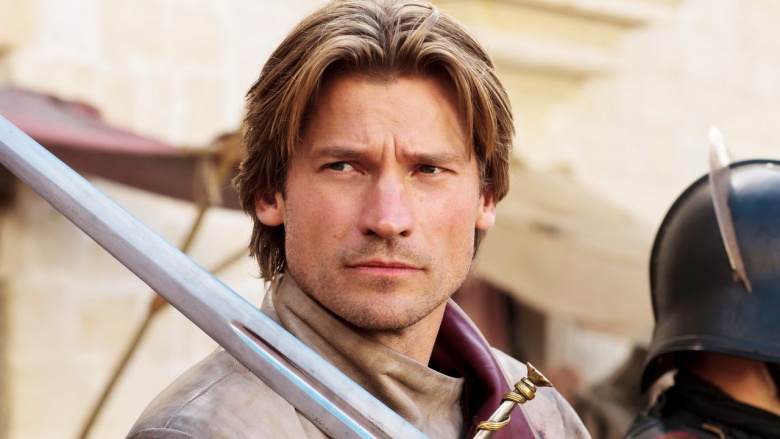
Jaime – It’s such a George R.R. Martin move to take a literal knight in shining armor, make him a king-killing, child-murdering, twincestuous villain, then make you spend enough time in his head to start to root for him, and then once you think he has become the good knight you wish he was, have his old vices win out in the end. The problem, as we will repeatedly see with other characters, is that the show didn’t spend enough time on the character development leading to his final acts. It spent multiple seasons building up his redemption arc, and then Sansa mentions that Cersei might be in danger from the giant armies and dragons headed her way (shocking!), and suddenly he is on the fastest horse south. We needed to see his struggles with his inner demons. We needed to witness his facade crumble in the face of a threat to that which, in spite of his best intentions, he loved most dearly. The show handled it too abruptly, so what should have been a more poignant and tragic end was not fully earned.
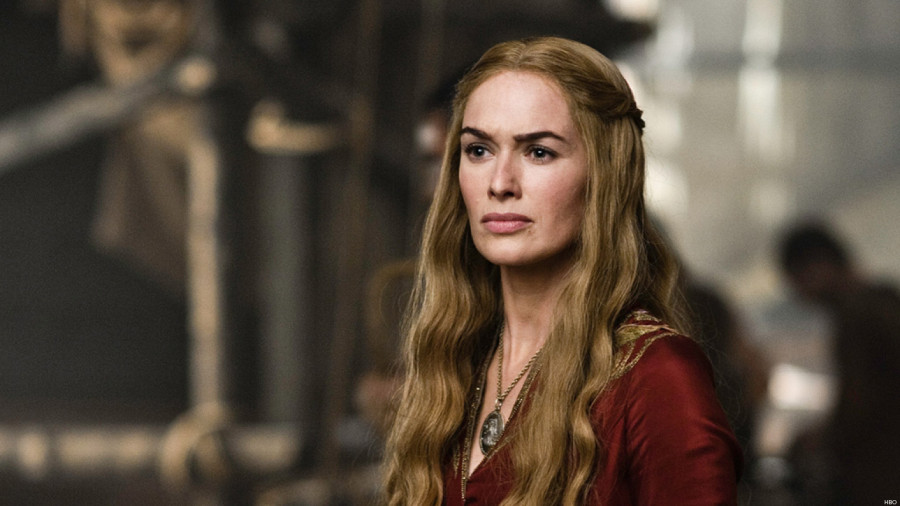
Cersei – I was disappointed with Cersei’s ending, but not because she died in Jaime’s arms. Her arc was a sort of mirror image of his: while he appeared to find redemption and then turned his back on it to be with Cersei, Cersei appeared to become even more evil and insane than she started, and convinced herself that she no longer loved him, only to find comfort in his arms at the end. Unfortunately, leading up to her end, she basically just stood around. What happened to the cunning, ruthless Cersei we loved to hate? Part of the problem here may be her bizarre affair with Euron Greyjoy. He was such an outlandish character that his story line sucked up a lot of the oxygen that should have been devoted to Cersei.

Tyrion – Overall I thought Tyrion’s ending was fine. My main complaint was that I had trouble remembering why he was supposedly so devoted to Danaerys that it took a literal holocaust for him to see that maybe that loyalty was misplaced. Him ending up as hand of the king to a Stark has a certain poetic justice to it, and he has the smarts and experience with the conniving politics of King’s Landing to make a very good foil for an overly noble and idealistic Stark king.
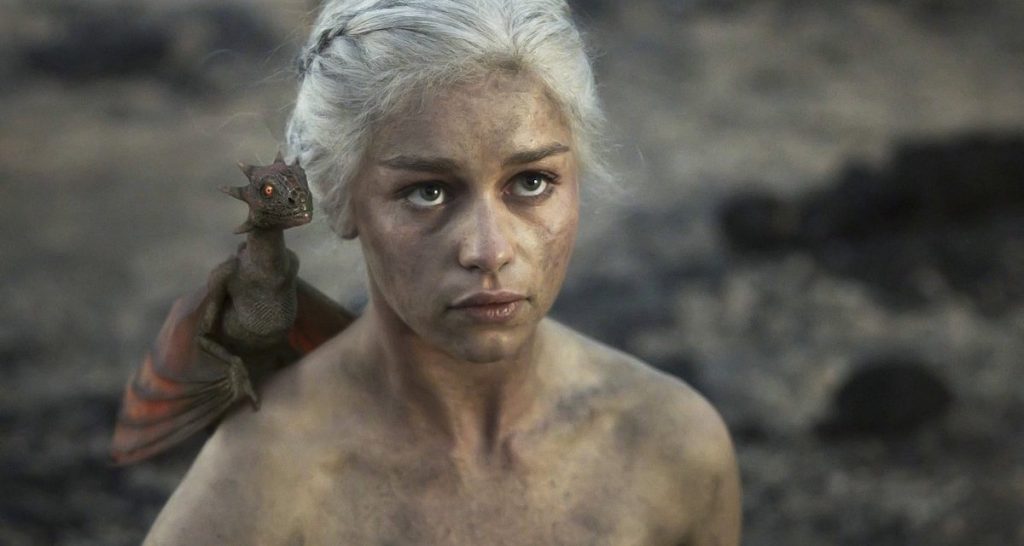
Danaerys – Of all the characters, I think Dany’s end was the one that needed to be handled with the most care, and in turn was the one most poorly served by the final season’s rushed pace and weak writing. I think in the right hands, with enough insight into what is going on in her mind, and enough time for her character to develop, her ending is going to be powerful and convincing and tragic. In other words, I am really looking forward to reading the book’s handling of her ending, and I am really disappointed that I had to see the clumsy way the show handled it first. The show skipped the hard work of character development and had her sulk in her room for a few days, and then flip out and nuke a city full of innocents. Tyrion’s speeches to Jon in the final episode tried to make up for the lack of justification leading up to her breakdown, but they were too little too late. There are hints of real insight into how evil acts are done by people who think they are the “good guys” but the poor character development this season prevented Dany’s ending from being what it could have been.
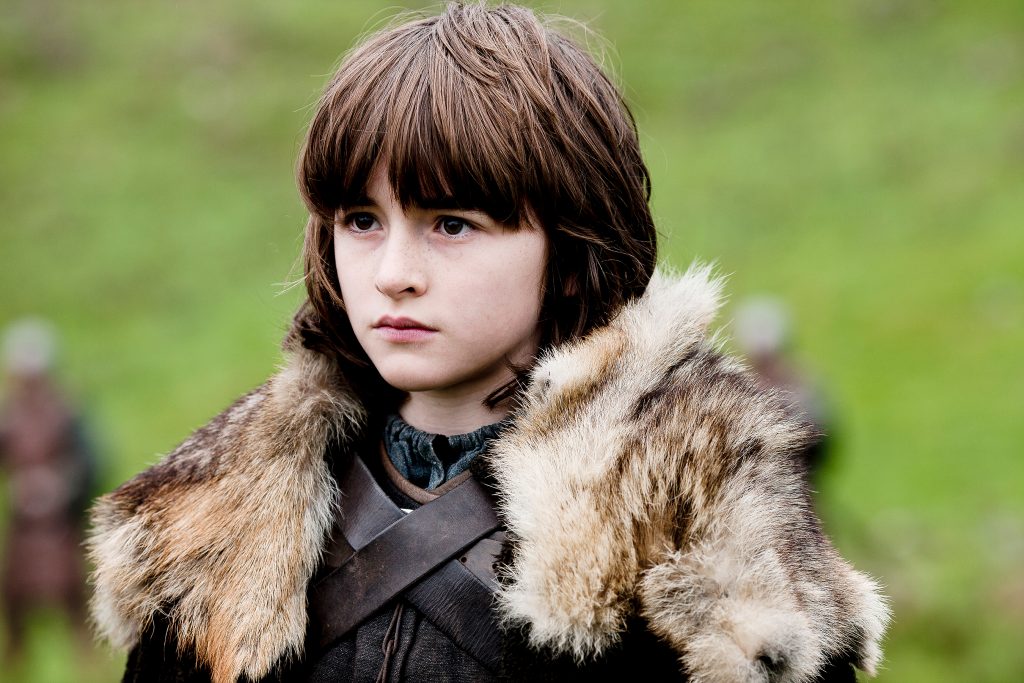
Bran – One of the major themes of Game of Thrones is that those who are most hungry for power are those least suited to rule. Also, a failure to recognize how events in the past echo forward to influence the present and future. (It’s almost as if fantasy can have meaningful lessons that apply to real life!) So, a kind man with near-omniscient knowledge of events past, present, and future, with no real desire to rule, and no children makes sense as an ideal king. I’m on board with Bran as king. What is less clear and I think was pretty clumsy is why the nobility of Westeros were suddenly willing to hold a vote for who would be king. (I did love Sam’s attempt at inventing democracy being summarily shot down by the nobles.) As an aside, can we mention the way that the show conveniently skipped the part where Grey Worm found out what happened to Danaerys and somehow did not summarily execute Jon and Tyrion, and furthermore allowed Tyrion to make grand speeches leading to a vote for the new leader? And how the Dothraki seemingly disappeared? That was sure something.
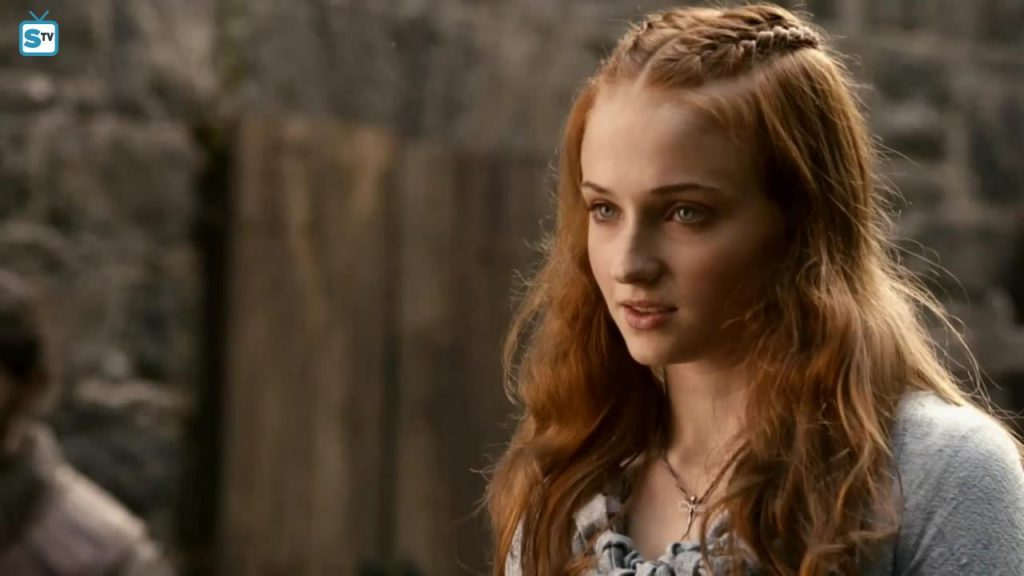
Sansa – My prediction for a long time was that Sansa would end up on the Iron Throne. Her arc, especially in the books, was all about going from an innocent pretty pretty princess to learning to survive and then thrive in the ugly, brutal, real world of court intrigue. She learned from Tyrion, the Hound, Cersei, and most of all Littlefinger. She was clearly being groomed by Martin for leadership. I had assumed that Jon and Dany (Ice and Fire) would die in the climactic battle against the White Walkers and Sansa would be left to rule over the ruins of a Westeros that barely survived. All in all I was not too far off: at least Sansa ended up on a throne, if not The Throne. Her decision not to join up with the other kingdoms under Bran’s rule is a little odd, but not too much of a stretch.

Arya – She killed the Night King! That was pretty great, even though most of the rest of that episode was too dark to see anything. Unfortunately after that, anything else was going to be kind of anticlimactic. I am absolutely on board with her realizing that there is no place for her in Westeros and setting out to do something else, but again, I wish there had been any build-up at all to her decision to become an explorer. You may have heard of Chekov’s Gun. The saying goes: “One must never place a loaded rifle on the stage if it isn’t going to go off. It’s wrong to make promises you don’t mean to keep.” To me Arya’s ending is the exact opposite. She is firing a rifle that we didn’t know existed. Where is it mentioned that she has an interest in exploring the world? Where does that desire come from? Why have we not heard of it before literally the last minute? Again, I am totally onboard with Arya, intrepid explorer. I would watch that spinoff show. But as with so much in this final season, the show didn’t do the work to get there. It skipped over the necessary character development, so it all seemed to come out of the blue.

Jon – Once it became clear that Danaerys was going full “Mad Queen” it was obvious that Jon was going to have to kill her. I also think his insistence that he did not want the throne was in keeping with his character. He was always a reluctant leader and ruler. And, although it was not shown, it is also in keeping with his character that even though Drogon showed up, torched the evidence and flew away with Dany’s body, Jon would go and admit to killing her and end up in jail. In the end, he was the most Ned Stark like of them all. I thought him being sent back to the wall was rather anticlimactic, but his arc was a hard one to wrap up. He doesn’t really fit anywhere else but it feels wrong to have him exiled for doing the right thing. Poor Jon deserved to retire to someplace warm, but of course he would never sit still for that. The final shots of the show seemed to imply that maybe the North was thawing and he would found a new kingdom up beyond the wall, which I guess works for me.
So, overall I am satisfied with the main plot points, but I am disappointed in how poor a job the show did with getting to them. Time after time, it didn’t devote enough time to develop the characters such that their endings felt fully earned. I’m sad that I didn’t get to find out the ending by reading the books, where Martin can spend as much time as he wants doing that hard writing work and making each twist and turn feel as powerful as it should be. But that also means that I am hopeful that Martin will finally finish the last two books and that we will eventually get to read the ending as it is supposed to be.
I am also hopeful for what will come after Game of Thrones. The show became a cultural phenomenon and made the entire world realize the kinds of powerful stories that can be told through speculative fiction. Sci-fi and fantasy are thoroughly mainstream now and Game of Thrones played an important role in making that happen. There are already many amazing shows following in Game of Thrones’ footsteps, and I can’t wait to see more.
